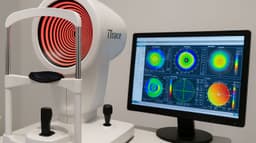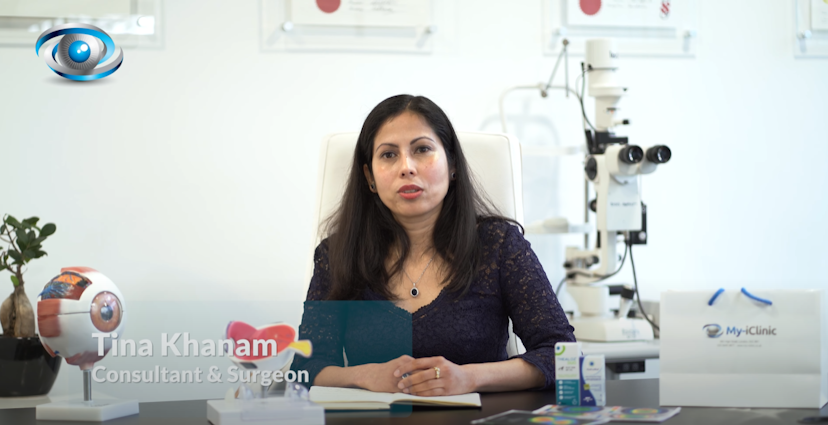
The Future of Vision Restoration! Gene and Stem Cell Therapies
Pioneering Treatments for Previously Untreatable Conditions
Recent breakthroughs in gene and stem cell therapies are offering hope to individuals with vision loss due to conditions once considered irreversible. Notably, a study published in Nature reported that three individuals with severely impaired vision experienced substantial improvements following stem-cell transplants, with the benefits persisting for over a year. Nature
In another promising development, researchers at UC Davis Health conducted an early-stage trial demonstrating that CD34+ stem cells, derived from a patient's own bone marrow, can be safely administered to treat retinitis pigmentosa, a degenerative eye disease. The study found that these stem cells homed in on damaged retinal tissue, potentially preserving and restoring vision. UC Davis Health
| Condition | Description | Stem Cell Therapy Potential |
|---|---|---|
| Retinitis Pigmentosa | A group of genetic disorders causing progressive loss of peripheral and night vision due to retinal cell degeneration. | Clinical trials show stem cells may slow degeneration and promote retinal repair by replacing lost photoreceptors. |
| Age-Related Macular Degeneration (AMD) | A common condition in older adults leading to central vision loss caused by damage to the macula in the retina. | Studies indicate stem cell-derived retinal pigment epithelium cells can be implanted to support and repair the retina. |
| Stargardt Disease | An inherited retinal disease that causes progressive vision loss, typically beginning in childhood or adolescence. | Early research suggests stem cells may replace defective photoreceptors and restore retinal function. |
| Glaucoma (Advanced Stages) | A condition that damages the optic nerve, often due to high eye pressure, leading to irreversible vision loss. | Research is exploring the ability of stem cells to protect or regenerate optic nerve tissue, though challenges remain. |
| Leber’s Congenital Amaurosis | A rare genetic condition causing severe vision loss or blindness at birth due to retinal dysfunction. | Gene-edited stem cells are being tested to replace non-functioning retinal cells and restore early vision. |
| Optic Nerve Atrophy | Damage to the optic nerve from various causes leading to loss of visual information from the eye to the brain. | Preclinical trials are investigating stem cells’ ability to regenerate or support damaged optic nerve cells. |
My-iClinic: Embracing the Cutting Edge of Ophthalmic Care
At My-iClinic in North London, we are committed to integrating the latest scientific advancements into our practice. Our team closely monitors developments in gene and stem cell therapies to assess their potential applications in clinical settings.
While these therapies are still undergoing clinical trials and are not yet widely available, we recognise their transformative potential. Our specialists are prepared to incorporate these treatments into our services as they become approved and accessible, ensuring our patients benefit from the most advanced care options.
A New Era in Vision Correction
The horizon of ophthalmology is expanding with the advent of gene and stem cell therapies. These treatments hold the promise of not just managing but potentially reversing vision loss caused by genetic and degenerative conditions.
As research progresses and these therapies move closer to clinical application, My-iClinic remains dedicated to adopting and offering these innovations. Our goal is to provide patients with access to the full spectrum of vision restoration options, from established procedures like LASIK and ICL implantation to emerging regenerative treatments.
Find out more by Speaking to our team









